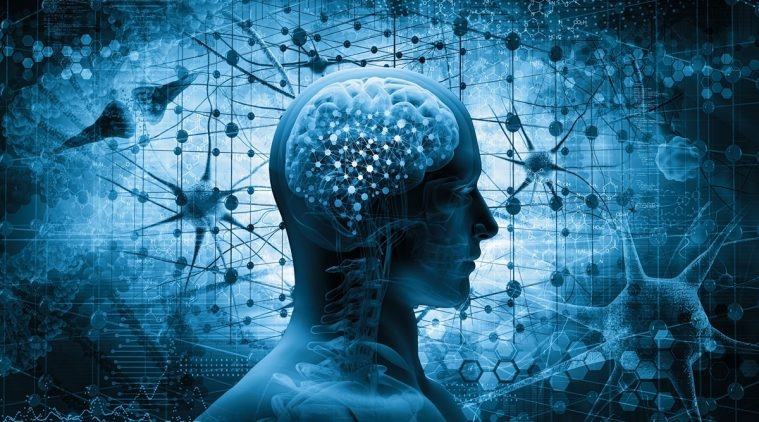According to the study, published in the journal Neuron, different classes of nerve cells control positive and negative motivations.

Researchers have discovered a brain circuit involved in dividing the labour to handle two opposing motivations for behaviour — pleasure and pain — an advance that may lead to key insights about mental illnesses like depression and anxiety disorders.
According to the study, published in the journal Neuron, different classes of nerve cells control positive and negative motivations, sending opposing signals along this information-processing hub in the brain.
The researchers, including Bo Li from the Cold Spring Harbour Laboratory (CSHL) in the US, said the balance of activity between these two groups of nerves may determine whether a person acts to seek out pleasurable experiences, or avoid painful ones.
According to the scientists, the behaviours controlled by these nerve cells are disrupted in people with mental illness.
Citing an example, the researchers said people suffering from depression may stop doing things that once gave them pleasure, whereas those with anxiety disorders may go to greater lengths to avoid potential threats.
They added that a person’s ability to recognise and respond to potential rewards or punishments partially depends on a brain region called the ventral pallidum.
When animals seek rewards, such as a sip of water, or avoid punishments, such as an annoying puff of air, this region was found to be active.
Li and his team wanted to understand how the different types of neurons in this part of the brain contributed to an animal’s appropriate behaviour to signals associated with both types of motivation.
To study this, the scientists used tools which allowed them to monitor the activity of individual brain cells, and to confirm their identities with a flash of light.
Once the mice were trained to associate certain sounds with either a sip of water or a puff of air, the researchers used the technique to monitor neural activity in the ventral pallidum.
They found that nerve cells which used the transmitter chemical known as GABA to dampen motivation influencing activity were important in this brain region for encouraging the mice to seek a water reward.
On the other hand, the study said the nerve cells which used the neurotransmitter called glutamate to excite this brain circuit were essential for avoiding the air-puff punishment.
When the rodents were presented with the potential for both punishment and reward, both sets of neurons, involving both the neurotransmitters, responded.
The researchers said the mice made different choices in response to the combined stimuli — with thirsty animals more willing to risk an air puff to get water than animals which had just drunk their fill.
However, when the team artificially shifted the balance of activity in the ventral pallidum by tweaking one class of neurons or the other, they could alter the animals’ behaviour.
Based on the findings, Li suggested that a balance between signals either inhibiting or exciting nerves in the ventral pallidum may be critical in controlling which motivation an animal acts on.
“Behavioural changes in people with depression or stress-induced anxiety may be caused by changes in this circuit,” he said.
For all the latest Lifestyle News, download Indian Express App
Source: Read Full Article



